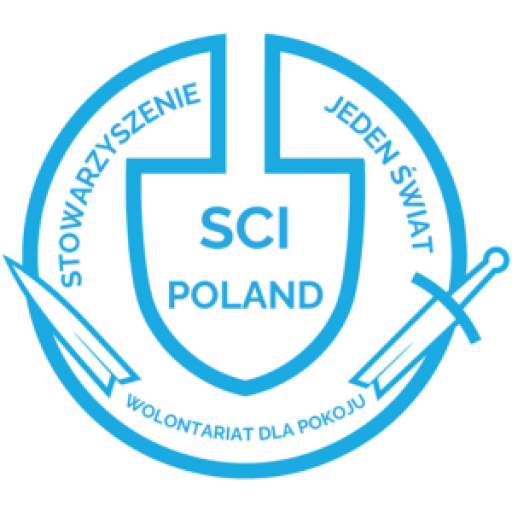Learning Lab(oratory): quality non-formal education in the digital world
11.2021 – 2.2023
The idea
With the Learning Lab(oratory) project, we aimed to improve the quality of non-formal and informal learning aspects of volunteering activities in our organisations, in both physical and online formats.
We were a partnership of 9 organisations: SCI Austria, CVS Bulgaria, SCI Belgium, SCI Germany, CID North Macedonia, SCI Poland, Para Onde? Portugal, VCV Serbia, Zavod Voluntariat – SCI Slovenia.
Why did we organise the project?
- we all want to maintain a high quality of our non-formal activities (workshops, webinars, workcamps…);
- for this, we need to ensure constant training of less experienced volunteers and activists;
- our organisations are learning how to adapt to the new world of digital education and volunteering;
- we want to better include persons with fewer opportunities in our activities – also through the new online formats.
The activities
The project had 5 main components:
- Three thematic webinars (5-10.2022) on visual facilitation for boosting learning (17.05.2022), impact measurement of educational activities (13.06.2022) and inclusion of persons with disabilities into non-formal learning (24.10.2022).
- Learning Lab(oratory) Training Course (7-14.07.2022, Bulgaria) on organising and running high-quality learning activities in both in-person and online environments.
- Learning Lab(oratory) Pro Training Course (27.10-3.11.2022, Poland) – getting more in-depth on the topics of inclusion and new tools and trends in learning and development.
- Practice time (7.2022-2.2023) – organising learning activities on a local level.
- Publishing resources for educators (2.2023) – Facilitator’s Cards, the Infographic for More Inclusive Non-Formal Education and the Infographic for Environmentally Sustainable Non-Formal Education.
Scroll below to read more about our free educational resources!
Learning Labs on high-quality education, Bulgaria and Poland
Within the project, we organised two international training courses for youth workers: the “Learning Lab(oratory)” in Emen, Bulgaria (7-14.07.2022) and the “Learning Lab(oratory) Pro” in Poznań, Poland (27.10-3.11.2022).
The Learning Labs were organised for youth workers, trainers and educators, who were interested in non-formal education, wanted to learn more about how to provide high-quality non-formal activities (workshops, webinars, workcamps, training courses…) and were committed to organising more inclusive educational events.
At the training courses, the participants:
- understood better what quality non-formal learning is, what its elements are and how to provide such learning experiences to all young people,
- learned innovative methods for enhancing the learning processes directed toward young people,
- explored tools for supporting digital learning and online volunteering,
- found creative and engaging ways for turning regular educational activities into an online format,
- discussed how to provide more inclusive and versatile learning opportunities for young people, including such with fewer opportunities,
- exchanged ideas, good practices, inspirations, and share resources,
- planned a follow-up action to take place in your local community upon the course completion.
Here you can read the impressions from some of the participants:
The resources
We invite you to use our resources for educators, youth workers and volunteer coordinators that will support high-quality, inclusive learning processes in your projects!
- Facilitator’s Cards – a set of pocket-size cards that serve as a checklist on how to organise a good learning process. They include important/key aspects of organising any learning process (from needs analysis to concrete activities and evaluation). Each card tackles a different step of the process and includes useful information on the card topic, as well as gives the possibility to write personal notes.
The printed cards are laminated and envisaged for multiple usage thanks to the wet-erasable technology used. You can order a free pack of the Cards or download their electronic version.
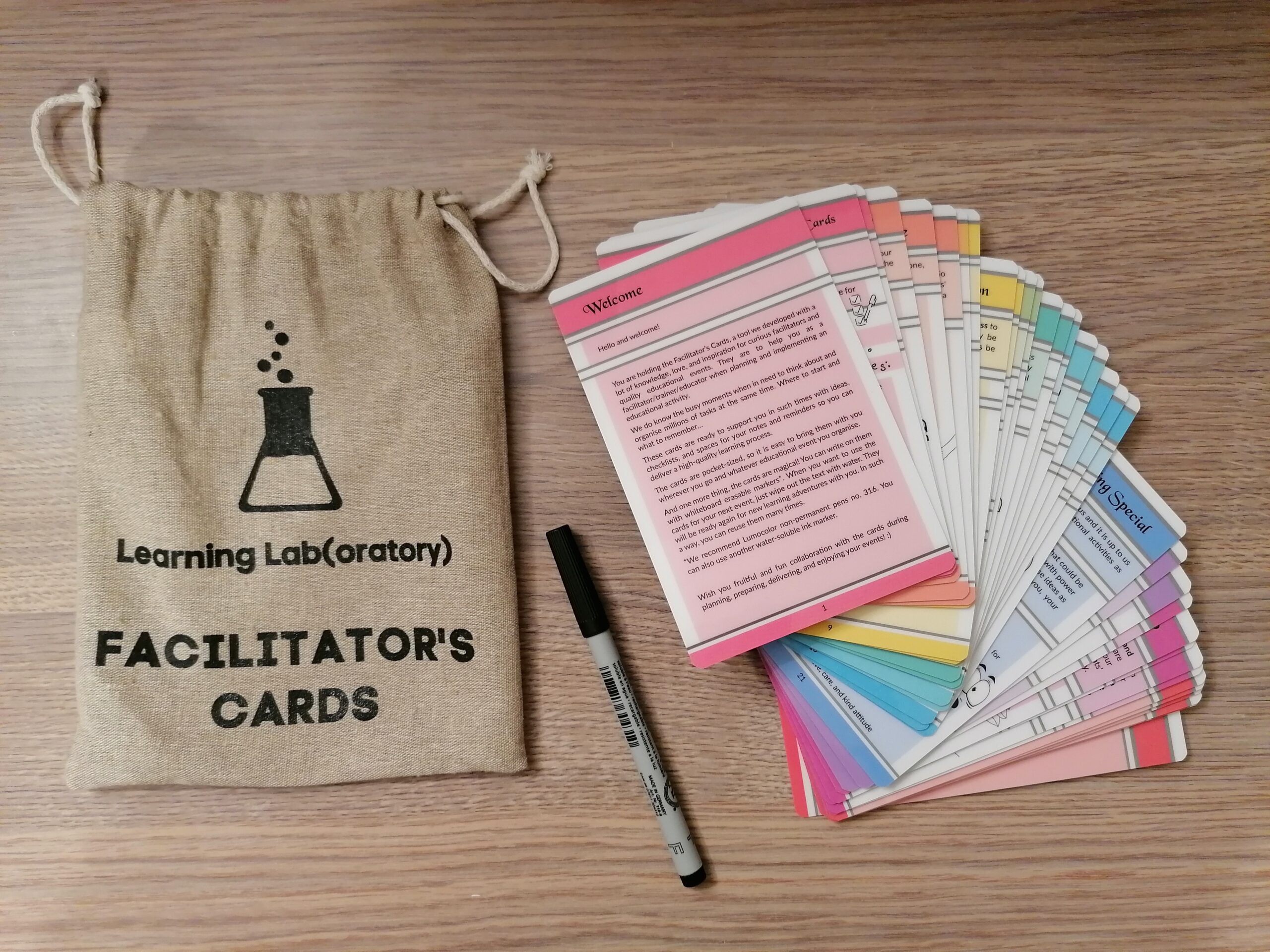
- Infographic on Environmentally Sustainable Non-Formal Education – it tackles the topic of how to make our non-formal learning activities more environmentally friendly. It goes beyond the standard points and gives new ideas on green transport, food, venue, and resources, as well as on awareness-raising among your participants.
- Infographic on More Inclusive Non-Formal Education – it tackles the topic of how to make our non-formal learning activities more inclusive. It collects and summarizes the practical information and tips & tricks shared during the project activities and gives specific advice on how to equally include participants with fewer opportunities.

Read our article on Environmentally Sustainable Non-Formal Education or click below to download the infographic!
Read our article on More Inclusive Non-Formal Education or click below to download the infographic!
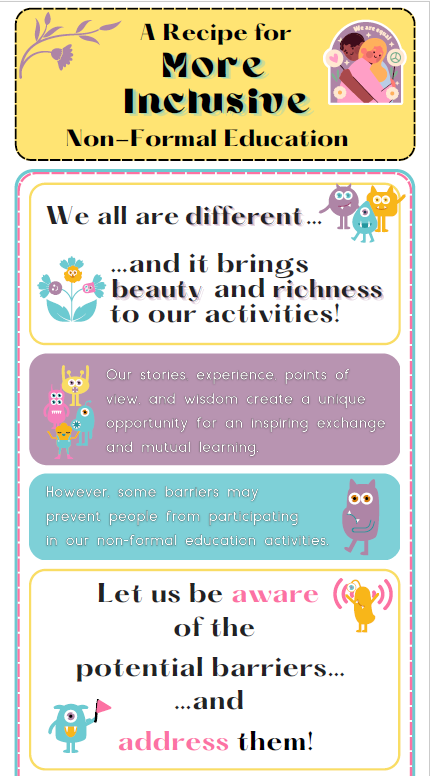
Results
The results of the project included:
- 56 trained educators, volunteers and youth workers, with knowledge and skills allowing them to conduct high-quality educational activities, also in remote and hybrid modes;
- increasing the potential of 9 project partner organisations, developing their network of international contacts and possibilities of joint projects;
- at least 100 European youth organisations used our Facilitator’s Cards and Infographics in 2023 or participated in webinars organised within our project.
Additionally, thanks to new opportunities offered by remote education and new technologies, we were able to involve more persons from rural areas and representatives of groups with fewer opportunities in our activities. We enabled them to organize international meetings and cross-border cooperation in a formula that was not possible a few years ago!
The Learning Lab (oratory) project supported the development of civil society, with people who can learn from each other and want to share their knowledge for the benefit of others – through high-quality non-formal education.
The team
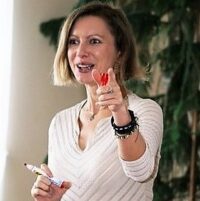
Gośka Tur - project coordinator
Sociologist and educator, a certified member of the Polish Association of NGO Trainers. In the years 2015-2020 she was the International President of SCI.
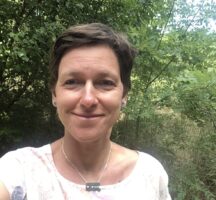
Natalie Jivkova - project coordinator
Facilitator, trainer and coach from Bulgaria. Leader of international educational projects on learning, peace and diversity. With SCI since 2002.
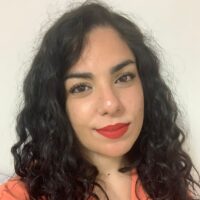
Elvira Amatuzzi - support volunteer
Italian by origin, in 2022 supported our project as an ESC volunteer.
You can contact the coordination team at learning@poland.sci.ngo.
The donor
Our project was co-funded by the European Union. We are very thankful for making our idea possible to realise thanks to this support!
Project number 2021-1-PL01-KA153-YOU-000018791

